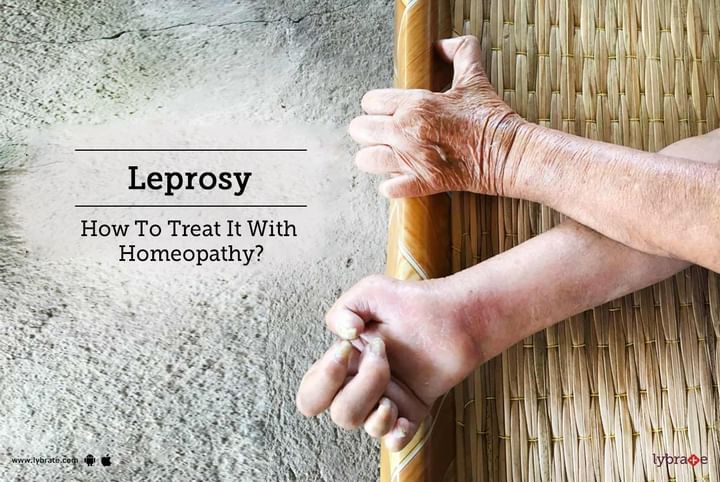Leprosy - How To Treat It With Homeopathy?
Once feared to be highly contagious and fatal, leprosy is today a disease that can be treated and even cured. Leprosy or Hansen’s disease is a bacterial infection caused by the bacterium Mycobacterium leprae and affects the peripheral nervous system and skin. Leprosy has been categorized into two types – tuberculoid and lepromatous – with the latter being more severe. Both these categories have been further subdivided into more categories. Skin lesions are the most prominent symptom of leprosy. If left untreated, leprosy can cause permanent damage to the skin, nervous system, limbs and eyes.
Early diagnosis of this disease makes treatment easier. Apart from antibiotics, homeopathic medicines are also effective when it comes to treating leprosy. Homeopathy is a holistic form of treatment that addresses not only the symptoms of the disease but also the root cause of the infection. One of the biggest advantages of homeopathy is that it has negligible side effects. When it comes to leprosy, homeopathy can be used to reduce inflammation and pain, drain sores and promote suppuration. It can also strengthen the immune system to prevent recurrent sores and boils. Some of the homeopathic remedies that may be helpful are:
-
Sulphur: If the patient has a tendency to suffer from eruptions, curvature of the spine, wrinkled and flabby skin and has a voracious appetite triggered by diseased glands, sulphur is effective. The symptoms may also be aggravated by washing and the affected area may itch more on scratching. There is a tendency for the folds of the skin to be sore.
-
Graphites: If the patient has swollen lymph glands, mesenteric glands and prominent skin sores, this medicine is useful. It also treats moist eruptions that bleed or ooze tenacious discharge before turning into scabs on the scalp, face, joints and in the folds of the skin. The patient may experience an absence of sweat and hair fall.
-
Calcarea Carbonica and Silicea: The combination of these two medicines help in treating a patient who suffers from a swollen abdomen and has open fontanelles. Excessive sweating is another symptom treated by Calcarea carbonica and Silicea.
-
Rhus Toxicodendron: This is prescribed in cases where the patient has a reddish skin that is covered with vesicles and suffers from intense itchiness.
-
Cantharis: It is used when the patient has large blisters on the skin accompanied by intense burning. The blisters may look like typical burn blisters.
-
Croton Tiglium: It is used to treat small blisters that itch terribly and form pustules that dry into yellowish scabs.
Although homeopathy is considered safe and free from side effects, it should not be used to self-medicate.



+1.svg)
